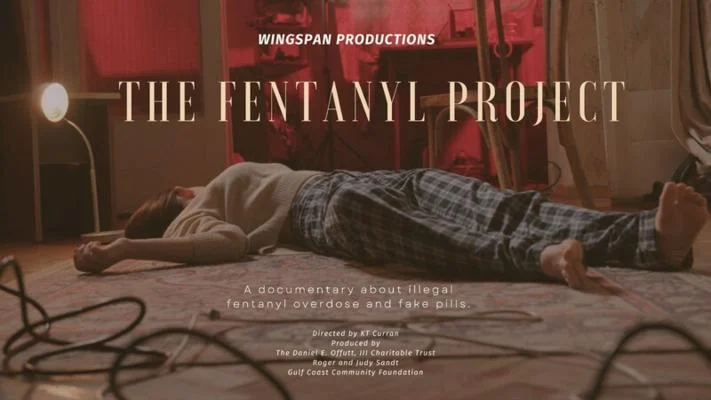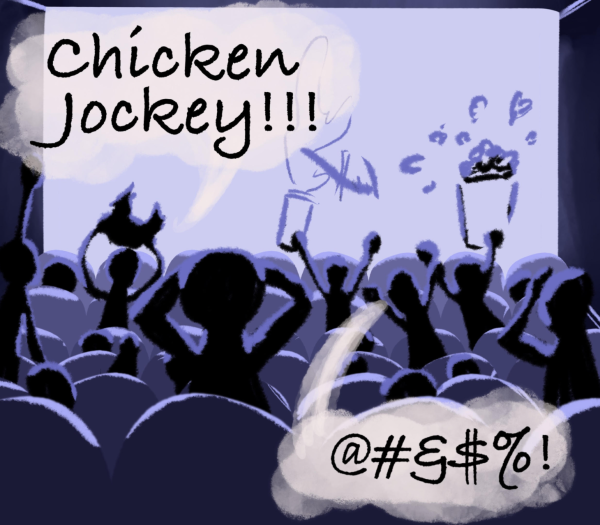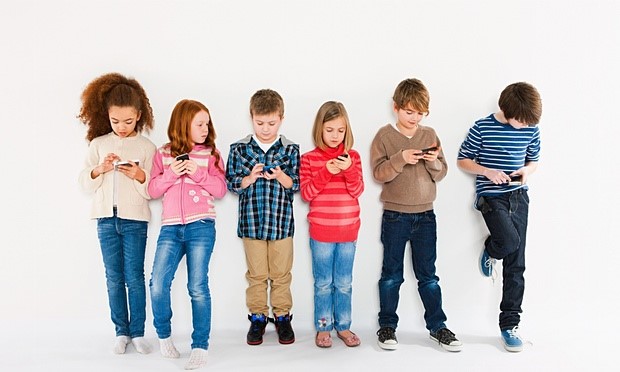How young is too young for social media?
Is thirteen too young to be allowed on social media? In this guest Op-Ed, Connor Grindal explains why he thinks that answer is yes.
Is thirteen old enough to really navigate social media? Connor Grindal doesn’t think so.
Social media has become integrated in our society. Statistics show that 69% of adults use at least one social media app. However, the same study shows that 81% of teens use social media. This makes sense, as many teens rely on apps like Twitter and Instagram to interact with different people. But social media comes with many downsides, especially for teens with underdeveloped minds. This is why the age gate for social media should be raised to 16 years old.
The current age restriction for most social media platforms is 13 years old. This is both for legal reasons and to ensure that the people using the platform are mentally developed enough to do so. However, even at 13, a child’s mind is still growing. The rational part of a teen’s brain is only fully developed around 25 years old. While this is still older than the proposed 16 years, those three years make a difference.
Shepherd’s Hill Academy states that 24% of teens are online constantly. Maybe if social media access came later, this number could be reduced. Younger teenagers are less likely to become addicted to social media if they aren’t allowed to use it until they become 16. This is because in those three years, they can form friendships in person rather than over the phone.
However, it’s not just addiction that is a problem with early access to social media. Social media is also a gateway to a lot of inappropriate material that a teen shouldn’t see at such a young age. For example, the APA cites that the average age that teens are exposed to pornography for the first time is 13.37 years old. This lines up with the age that social media becomes available to teens, exposing a disturbing cause of early access to social media.
One of the most obvious effects of social media is the increase in anxiety and depression in teenagers. According to the National Institutes of Health, anxiety rates in children and adolescents went up by 20% between 2007 and 2012. This is caused in a large part by social media, since browsing on social media naturally lends itself to making unhealthy comparisons.
Addiction to social media also factors into anxiety. When teens are more impressionable, they tend to get affected by things that would normally not upset more mature people. Social media can also enable the spreading of rumors, which can damage someone’s reputation regardless of the veracity of the claims. This can also add to depression in teens, especially if the rumor starts getting passed around at school. When teens are older, they are less likely to spread rumors over social media, thus alleviating some of the potential mental health issues from said rumors.
Some people suggest that there should be no age barrier for joining social media, and that parents should have the final say in when their children can sign up. However, according to The Modern Parent, most parents aren’t even aware that their children use social media, or they are aware but find it too hard to moderate their children. This is even more apparent now that companies are marketing apps specifically for kids, such as Facebook and their Messenger Kids app. This is why parents can’t be relied on to moderate social media usage.
In conclusion, keeping the age barrier for social media at 13 doesn’t benefit anybody, as it poses a myriad of mental health issues to teens. Raising the age limit to 16 isn’t a perfect fix, but it would alleviate some of the more pressing issues, like children doing nothing but staring at their phones.




















































Scarlett RaeAnne Morrison • Oct 11, 2022 at 9:00 pm
Honestly, it should be sixteen because you can have a job and a car and that’s when you can start learning responsibility at that age. at the age of sixteen, you can learn how to start saving up your money. Under the age of sixteen honestly doesn’t sound like the bests of idea because you need to learn when it’s a good idea to be on your phone and when it’s not.
I would know this because I am a high school student myself
John • Sep 27, 2022 at 3:52 pm
Let the parents choose the rules for there family
David • Apr 22, 2022 at 9:53 am
I think 13 is a good age but I think if so a kid should have to be next to a parent why they use it.
bob • Apr 22, 2022 at 4:08 pm
It should be whenever the parents are happy with, its their kid let it be their decision.
Scarlett RaeAnne Morrison • Oct 11, 2022 at 9:01 pm
That may be so but most parents don’t think about what they are getting their children into
Sam E • Mar 16, 2022 at 1:28 pm
16
bob • Apr 22, 2022 at 4:07 pm
subtract 10
Scarlett • Sep 20, 2022 at 1:28 pm
so six would be a good idea to you no sixteen would be reasonable cause you could have a car a job and you would need a phone for it i don’t think the age of six is a good idea
Average Joe • Mar 11, 2022 at 12:08 am
13 is too young, I agree. If the bar would get raised to 15, that would be fine by me.
Scarlett RaeAnne Morrison • Oct 11, 2022 at 9:03 pm
thank you, someone, has some common sense here in this world. but I would say sixteen would be better though